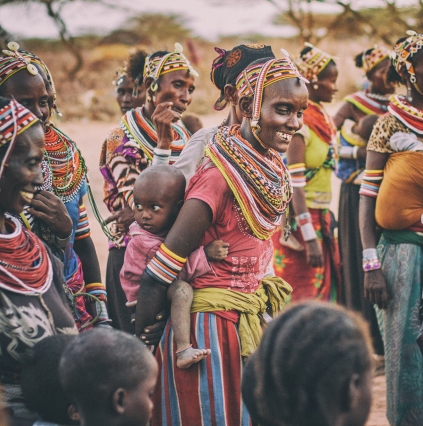
Peace and security is a thematic area that focuses on the prevention and resolution of conflicts, the
promotion of peace and stability, and ensuring the safety and well-being of individuals and societies. It
encompasses both international and domestic efforts to address various forms of violence, including
armed conflicts, terrorism, and organized crime.
At its core, through peace and security, Sustainable Jamii aims to create a world where people can live in
peace, free from fear and violence. This includes advocating for human rights and administering ways to
resolve existing conflicts through peaceful means.
Peace and security also involve initiatives to disarm and prevent the proliferation of weapons,
particularly weapons of mass destruction. Sustainable Jamii aims to address the concerns of the young
people who are radicalized to administer violence nationally and regionally by addressing the root
causes of conflicts such as poverty, inequality, marginalization, and political and social grievances.
Additionally, we emphasize the importance of justice, accountability, and the rule of law in addressing
grievances and rebuilding societies affected by conflicts.
This thematic area recognizes the interconnectedness between peace, security, and development,
understanding that sustainable peace can only be achieved when the underlying violence and conflict
are addressed. It emphasizes the need for inclusive and participatory approaches that involve all
stakeholders, including governments, civil society organizations, local communities, and international
organizations.
Overall, peace and security as a thematic area seeks to foster a culture of peace, prevent conflicts,
protect vulnerable populations, and promote stability and prosperity for individuals and societies. It is
crucial for creating a just and sustainable world where all people can thrive in peaceful environments.
